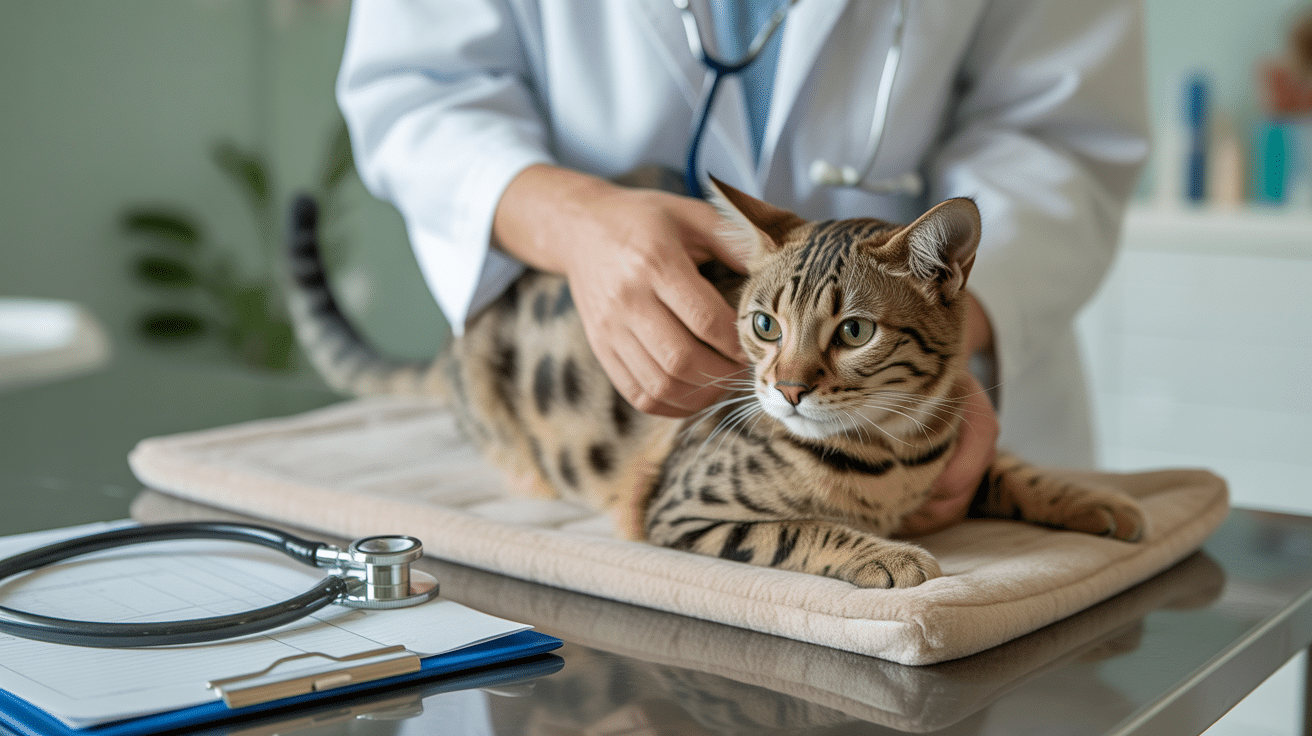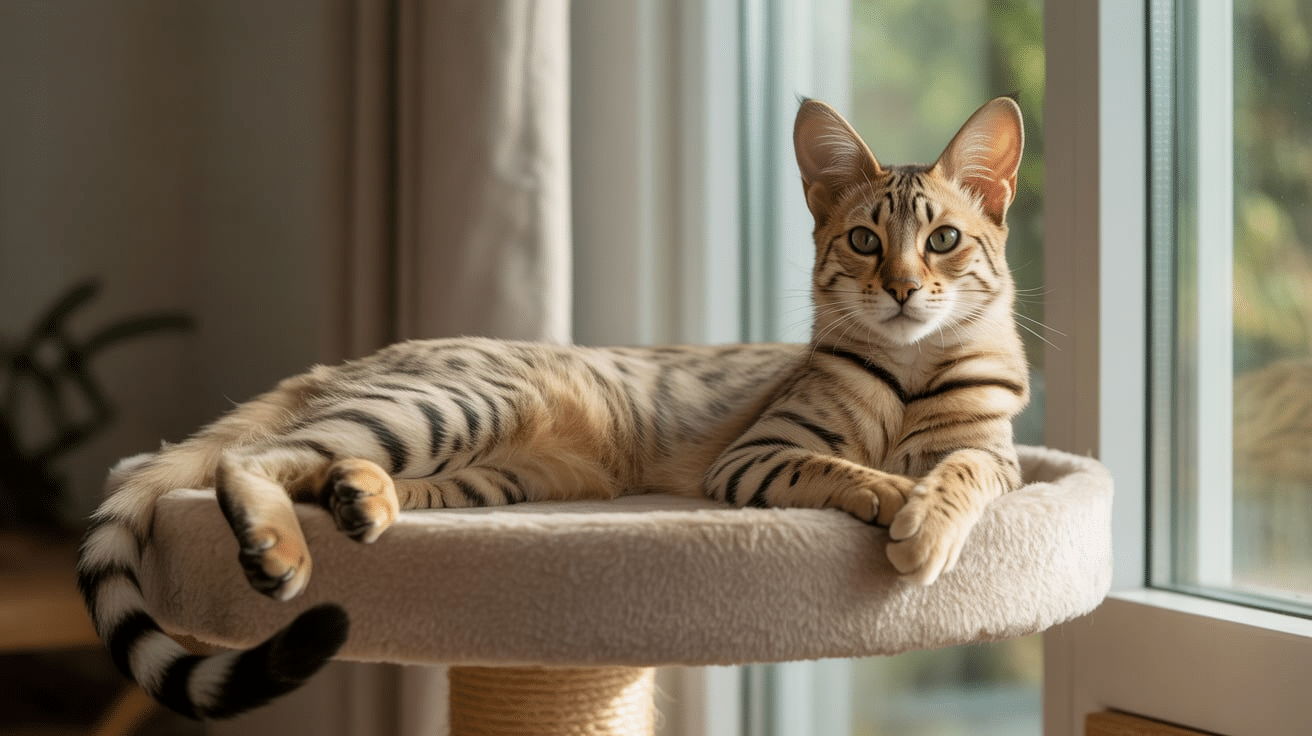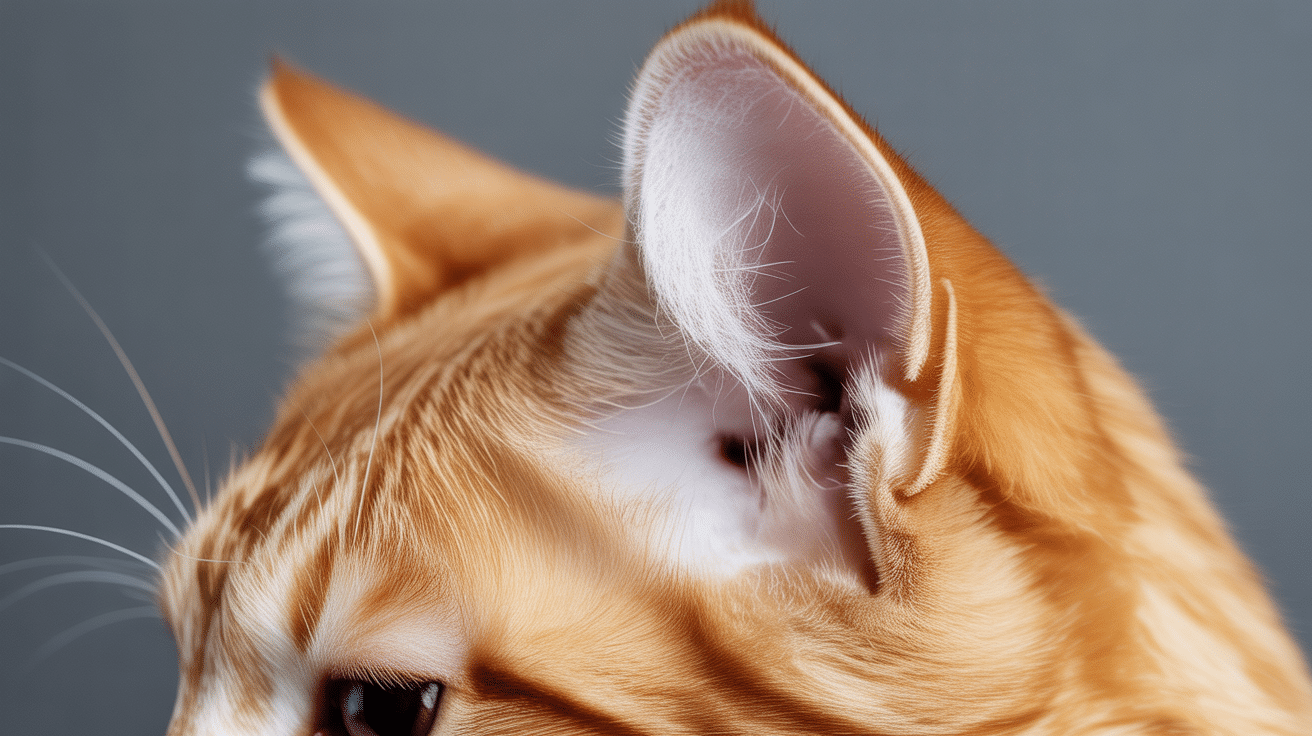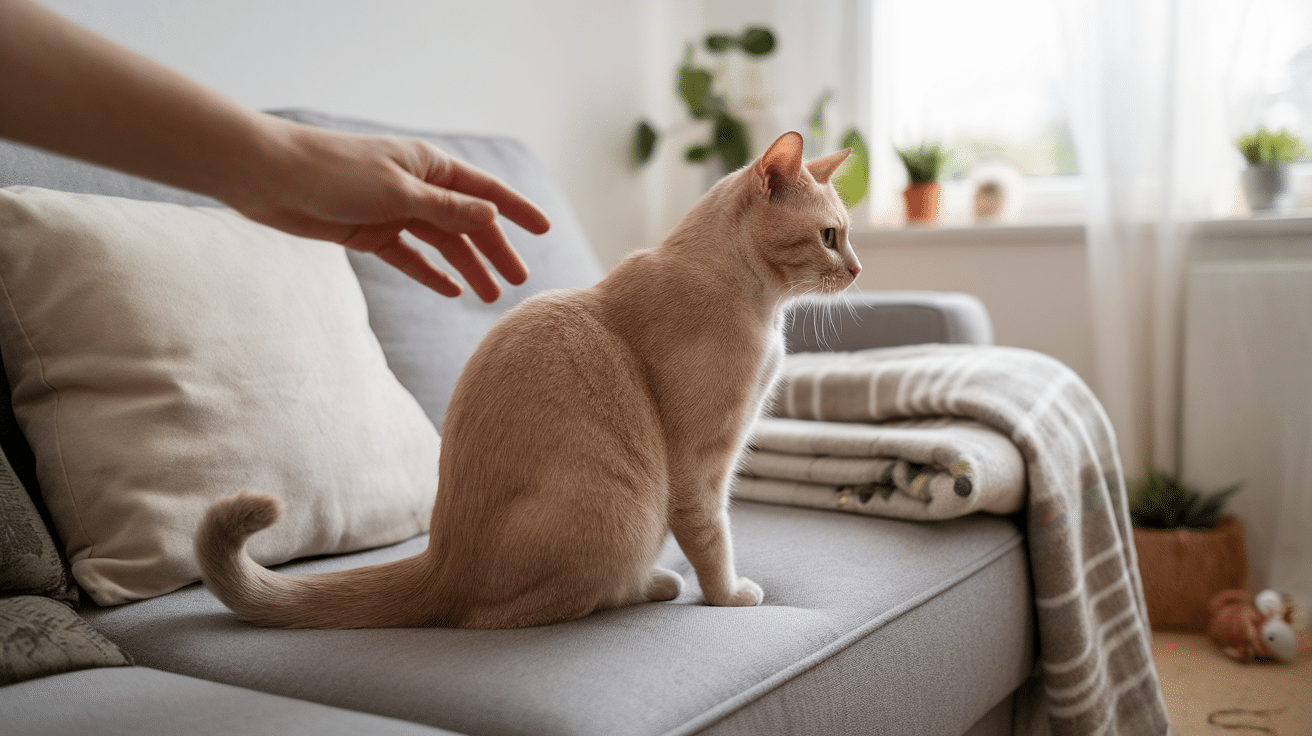Thinking about bringing home a Savannah cat or already living with one? Then you’ve probably wondered how long they’ll be with you. It’s a big question, especially when you build a real bond with a pet that feels more like family.
I’ll share how long Savannah cats usually live and what affects their lifespan. I’ll walk you through the role of food, activity, living space, and vet care. You’ll also see how their hybrid generation plays a part.
You’ll find a chart that breaks down lifespan by generation, tips to help your cat live longer, and real answers to common questions. Let’s make sure you feel prepared for the years ahead with your Savannah cat.
Overview of Savannah Cat’s Lifespan
Their lifespan can vary based on genetics, daily habits, and even how close they are to their wild Serval roots. Let’s start by looking at how long these cats usually live and what shapes those years.
Average lifespan: 12–20 years
Savannah cats tend to live longer than many people expect. On average, you can expect them to live between 12 and 15 years. Some live even longer, closer to 18 or 20 years, when they have the right care from the beginning.
What they eat, how much they move, their health, and even their generation level (F1 through F5) can make a big difference.
| Generation | Estimated Lifespan Range |
|---|---|
| F1 | 12–15 years |
| F2 | 12–16 years |
| F3 | 13–17 years |
| F4 | 14–18 years |
| F5 | 15–20 years |
What Affects a Savannah Cat’s Lifespan?
Every cat is different, but certain things have a big impact on how long a Savannah cat lives. Let’s look at the key areas that can help support a longer, healthier life.
1. Diet and Nutrition
What your Savannah cat eats every day plays a big role in how healthy they stay. These cats need a diet that’s high in protein because they have more energy than most other breeds.
Good food helps support their muscles, heart, and immune system. Some people choose raw feeding, but that takes time and planning. If you go with store-bought food, look for a trusted brand made for active cats.
Avoid fillers and cheap grains. Ask your vet if you’re unsure which option is right. Giving the same food every day may not be enough; your cat might need extra nutrients at different stages of life.
2. Exercise and Mental Stimulation
Savannah cats love to move. They’re fast, playful, and curious. Without enough activity, they can get bored or even act out. This can lead to stress or behavior issues, which might affect their health over time.
Try to give your cat plenty of space to climb and explore indoors. Use wall shelves, tall cat trees, and interactive toys that make them think and move.
Play with them daily to help burn off energy and keep their mind sharp. A tired cat is usually a healthier cat. Keeping them active also supports a healthy weight, which helps prevent long-term problems.
3. Indoor vs. Outdoor Living
Letting a Savannah cat roam outside might sound like a way to give them freedom, but it can be risky. They’re fast and can slip out of sight quickly.
Outside, they face dangers like traffic, other animals, or even theft, since they’re not a common breed. Indoor cats tend to live longer because their environment is safer and more controlled.
If your cat seems curious about the outdoors, consider building a screened-in patio or using a safe outdoor enclosure. This way, they can enjoy fresh air and sunshine without facing the same dangers.
Keeping them inside also makes it easier to monitor their behavior and health.
4. Veterinary Care and Health Screenings
Routine vet care is one of the best ways to support a long, healthy life. Your vet can help spot early signs of disease, even before symptoms show. Regular checkups should include dental exams, heart health screenings, and lab work.
Savannah cats may carry conditions like hypertrophic cardiomyopathy, which affects the heart. They can also face issues with their teeth and gums. Getting ahead of these problems makes a real difference.
Stick to a schedule for vaccines and parasite control. If your cat ever seems off, don’t wait. Early care often leads to better outcomes and a longer life.
Common Health Problems That Shorten Lifespan

Even with good care, some health issues can still affect how long your Savannah cat lives.
Knowing what to watch for can help you catch problems early and give your cat a better chance at staying well. Let’s look at a few conditions that are more common in this breed.
- Diabetes: Can happen in older cats or those with poor diets. It needs daily care and monitoring.
- Dental Disease: Bad teeth can cause pain and other issues if untreated.
- Respiratory Infections: These can happen if a cat’s immune system is weak or they’re exposed to other animals.
- Hypertrophic Cardiomyopathy (HCM): A heart condition that can show up in some Savannahs, especially early generations.
Tips to Help Your Savannah Cat Live Longer
Helping your Savannah cat stay healthy doesn’t have to be hard. A few steady habits can make a big difference over time. Let’s look at some simple ways you can support a longer, happier life for your cat.
- Feed them a well-balanced, high-protein diet
- Give them daily play and plenty of space to move
- Take them to the vet for regular checkups
- Use supplements if your vet recommends them
- Keep them indoors or use safe outdoor areas
How Savannah Cats Compare to Other Breeds
If you’re curious how Savannah cats stack up against other popular breeds, you’re not alone. Knowing how their lifespan compares can help you see the full picture and decide what kind of care they may need over time.
| Breed | Average Lifespan |
|---|---|
| Savannah | 12–20 years |
| Persian | 15–20 years |
| Maine Coon | 12–15 years |
| Ragdoll | 13–18 years |
| Bengal | 12–16 years |
Savannahs are on the higher end of the scale when well cared for, especially F4 and F5 generations.
Final Thoughts
You’ve now got a clear look at what shapes a Savannah cat’s lifespan. From daily care and activity to vet visits and generation types, every piece matters.
This isn’t just about numbers, it’s about giving your cat the best shot at a long, healthy life.
I hope you feel more confident in knowing what your cat needs and what to expect over the years. Caring for a Savannah takes commitment, but it can be deeply rewarding. You don’t have to figure it all out alone.
If you’re looking for more tips, comparisons, or breed guides, check out my other blogs. There’s a lot more to learn, and we’re here to help you along the way.





